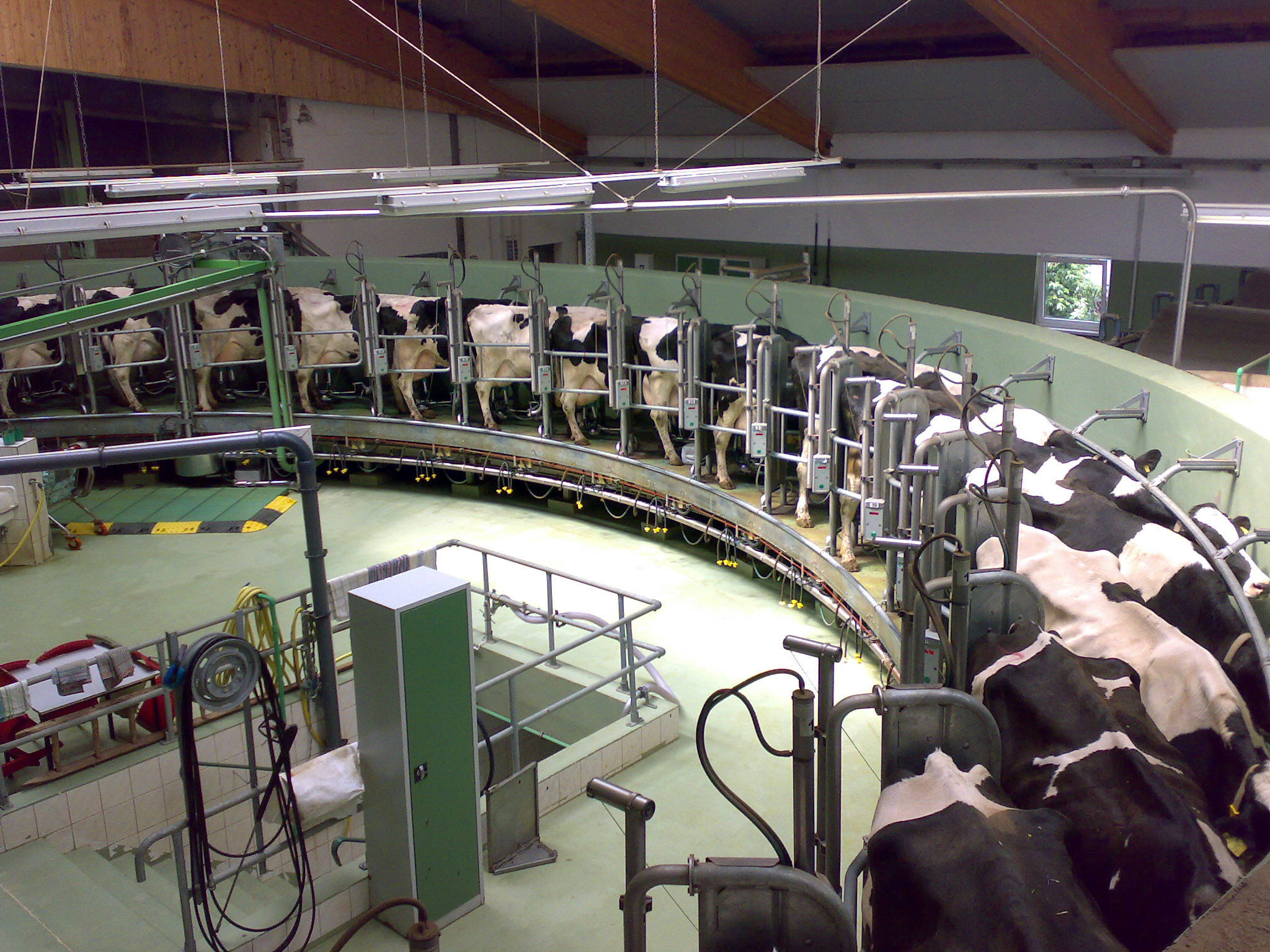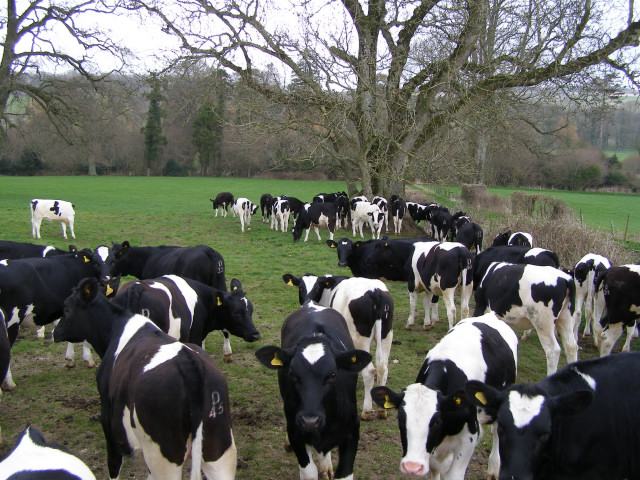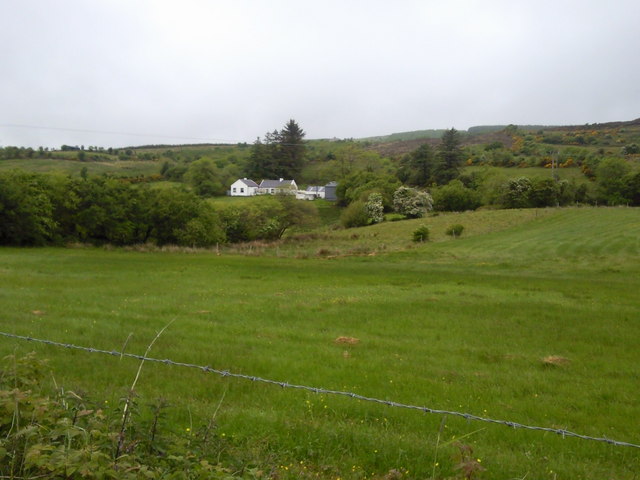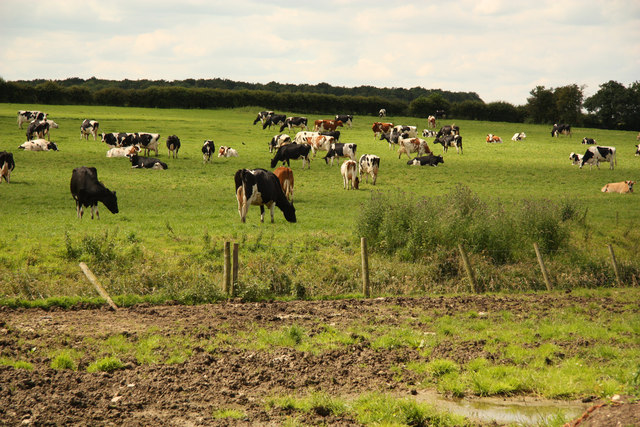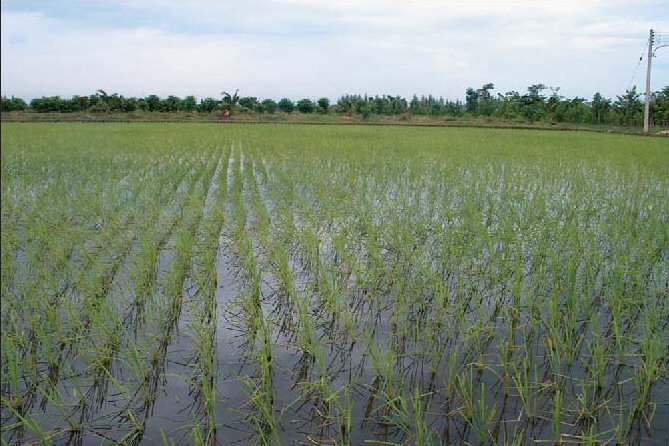Much of the recent discussion on agricultural matters in the fall-out from the UK referendum vote on Brexit in June has focused on the implications for UK agriculture. What agricultural policy will the UK pursue after Brexit? What type of trade relationship will it have with the EU and with other countries? What arrangements might be put in place for seasonal migrant workers who play an important role in the production of certain UK crops?
However, Brexit will also have implications for the agricultural policy of the EU. I previously explored these implications in general terms in this Eurochoices article.… Read the rest

